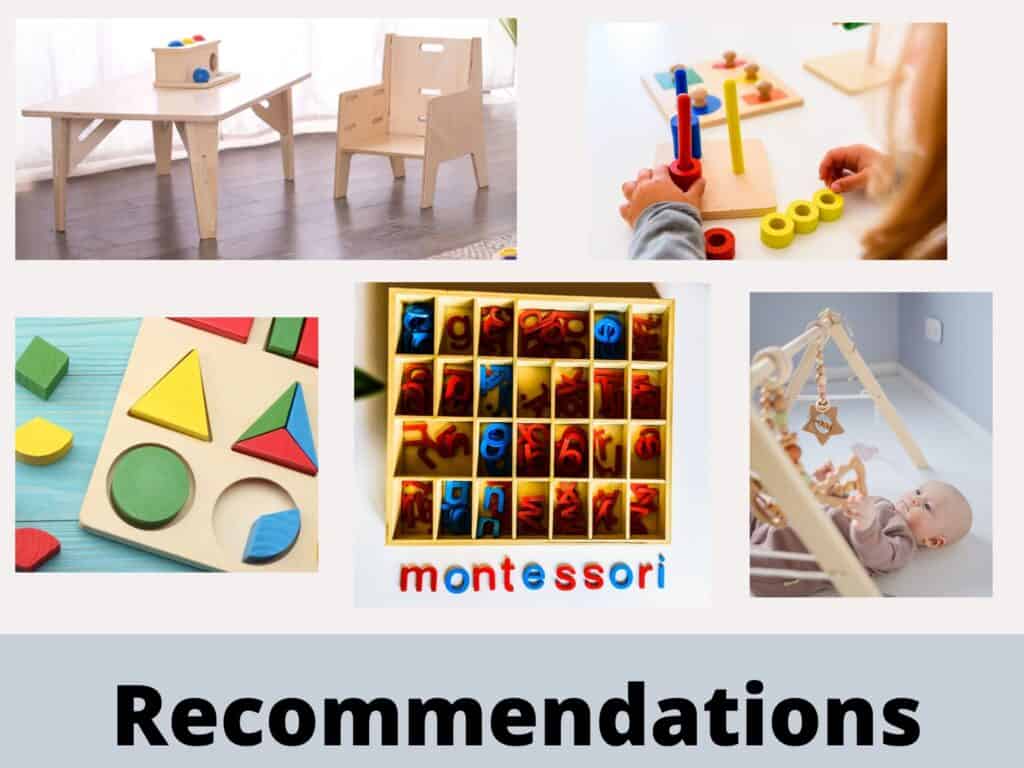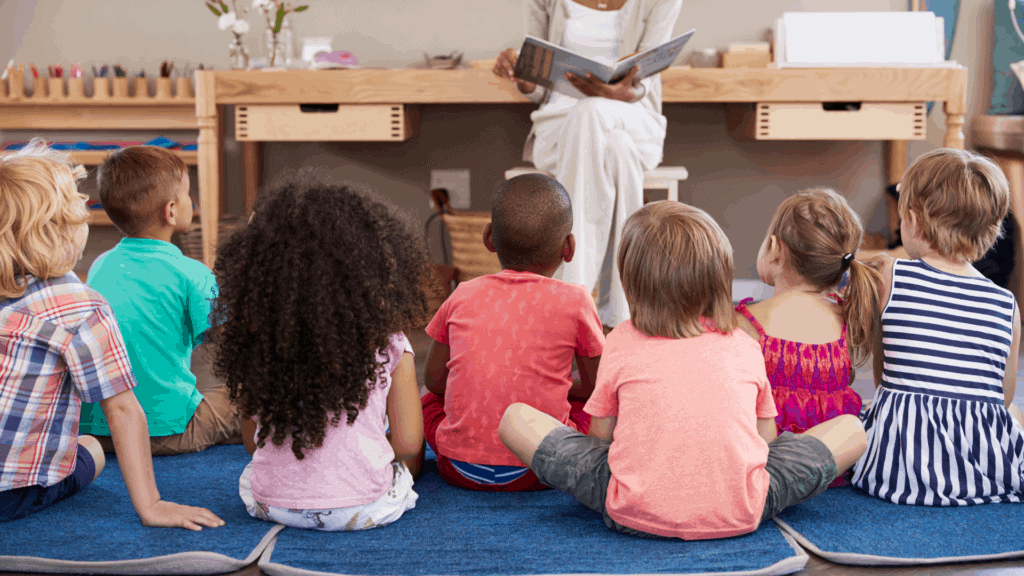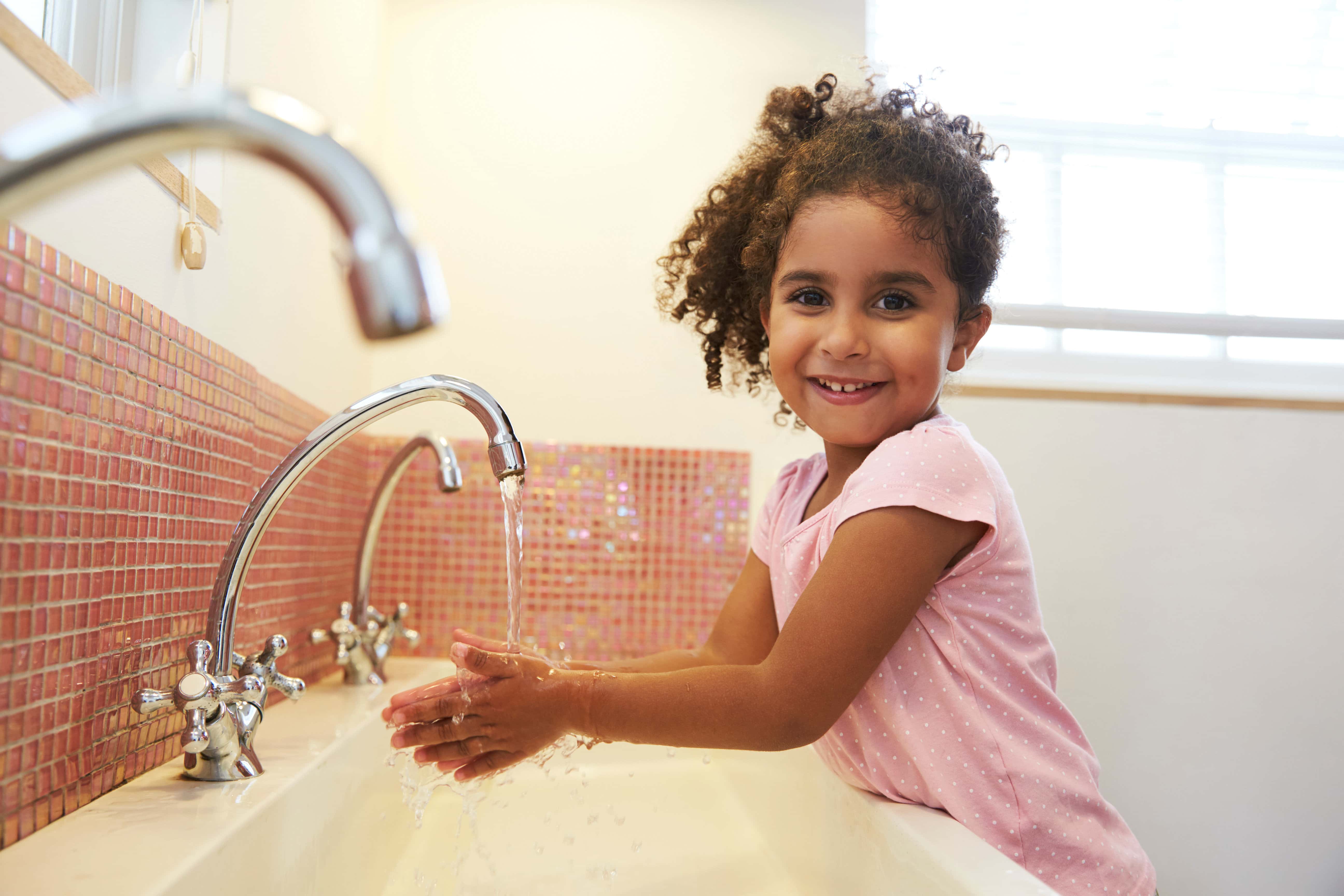Most people have heard of Montessori schools. They are schools that step away from the typical teaching methods of the US educational system and emphasize well-rounded development that includes independence and creativity to help kids learn and grow. Since
While most
Montessori high schools are quite rare, and the curriculum differs from other more traditional high schools in the US. Keep reading to find out more about
Are There Montessori High Schools?
There are only about 150
Montessori secondary programs have unique approaches to their education, such as:
- Student-centered learning
- Allowing students to manage their time, make choices, and self-regulate
- Developing independence
- Fostering self-management and responsibility
- Group work and social solidarity
(Source: American Montessori Society)
These secondary programs focus on fostering self-sufficiency in adolescents, and they place kids in multi-aged groups rather than the standard grade ranges by age to encourage collaboration and learning from their peers. This style of teaching is becoming increasingly popular, and more accredited Montessori secondary schools are being established across the country.
How to Transition to Public School
With so few
There are a few key differences between traditional public schools and Montessori schools to look out for. Being prepared for these changes will help the adjustment to a public high school.
Relationship with Teachers
Montessori schools are well known for their student-centered approach that allows students to get one-on-one help from their teachers. In public high schools, however, this is not always the case.

Montessori schools are well known for their student-centered approach that allows students to get one-on-one help from their teachers. In public high schools, however, this is not always the case.
In public high schools, there are larger class sizes that don’t allow for as much individual instruction. This means it will take more of an effort from the student to reach out to their instructors and get the help that they need. It is helpful to build a relationship with the teachers so students can get help when they need it.
Students can build better relationships with teachers by:
- Raising their hand in class
- Asking questions
- Speaking with the teacher when they don’t understand something
Competitive Environment
Montessori schools are structured as a supportive community environment where the teachers support their students, and, in turn, the students support each other. It is a much more collaborative work environment when compared to public high school education. (Source: Yonkers)
Public high schools take a more individualistic approach to learning with:
- Standardized tests
- Grades
- Lecture-style instruction
- Grades separated by age
With grades and regular assessments, public schools are very different from
When switching to a public school from
See also: Grading in Montessori Schools
Learning Requirements
The general approach to learning differs quite a bit between Montessori schools and traditional public schools.
Montessori education focuses on:
- Student self-assessment
- Independence and freedom within limits
- Becoming an active seeker of knowledge and learning
When moving to a public school, the new structure can be quite jarring. Test scores and letter grades assess students’ progress, and they are given specific parameters for what they should be learning. It is essential to remind the student that self-exploration is still encouraged, and they should always seek to do the best that they can to support their learning journey.
Does Montessori Prepare Students for College?
There are some theories about the academic preparedness that a
More significantly, it is the
Montessori schools help students develop the following critical life skills:
- Time management
- Collaboration and teamwork
- Self-motivated learning
- Independence
While the academic numbers can speak for themselves, the life skills that students gain from a
The freedom to explore their interests also significantly helps with everyday college tasks like:
- Choosing a major
- Getting involved in clubs
- Making new friends
In college, students are encouraged to collaborate with their peers, and they are thrown into an environment in which the people in their classes are not necessarily the same age as they are.
Other students may find that aspect of college to be confusing, but
Coming from a classroom culture that encourages discovery, exploration, and collaboration helps students thrive in college. At university, students are required to take their learning into their own hands, and they are encouraged to explore multiple academic interests.
This is something that students typically struggle with after years of traditional public schools, but
Is Montessori High School Right for You?
Parents often say how much they love
Deciding on a
See also: Montessori School: is it Right for my Child?







